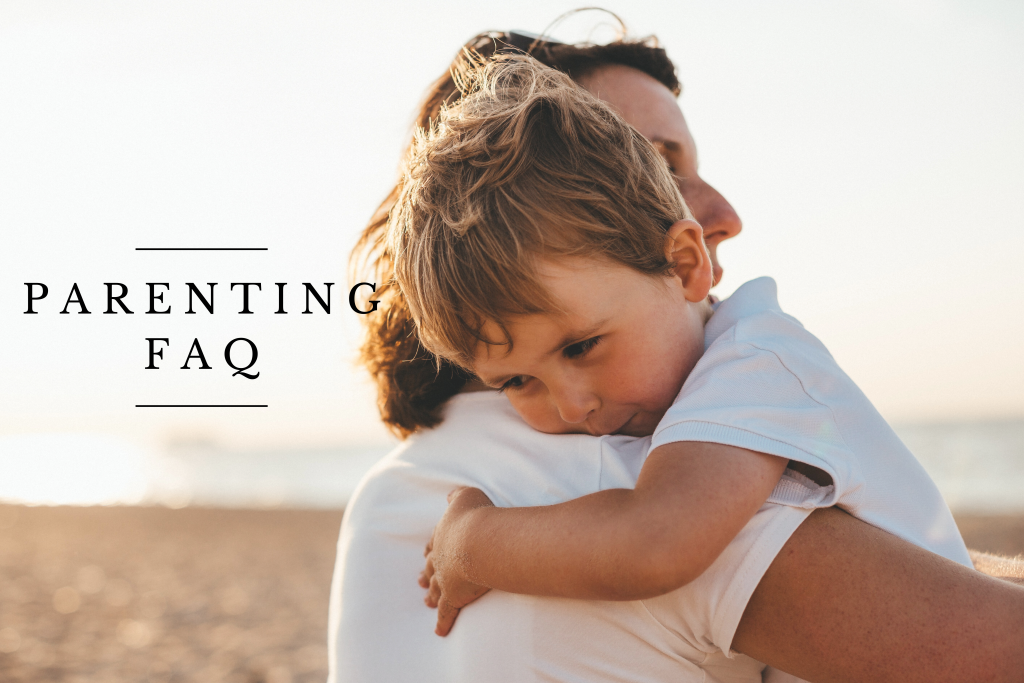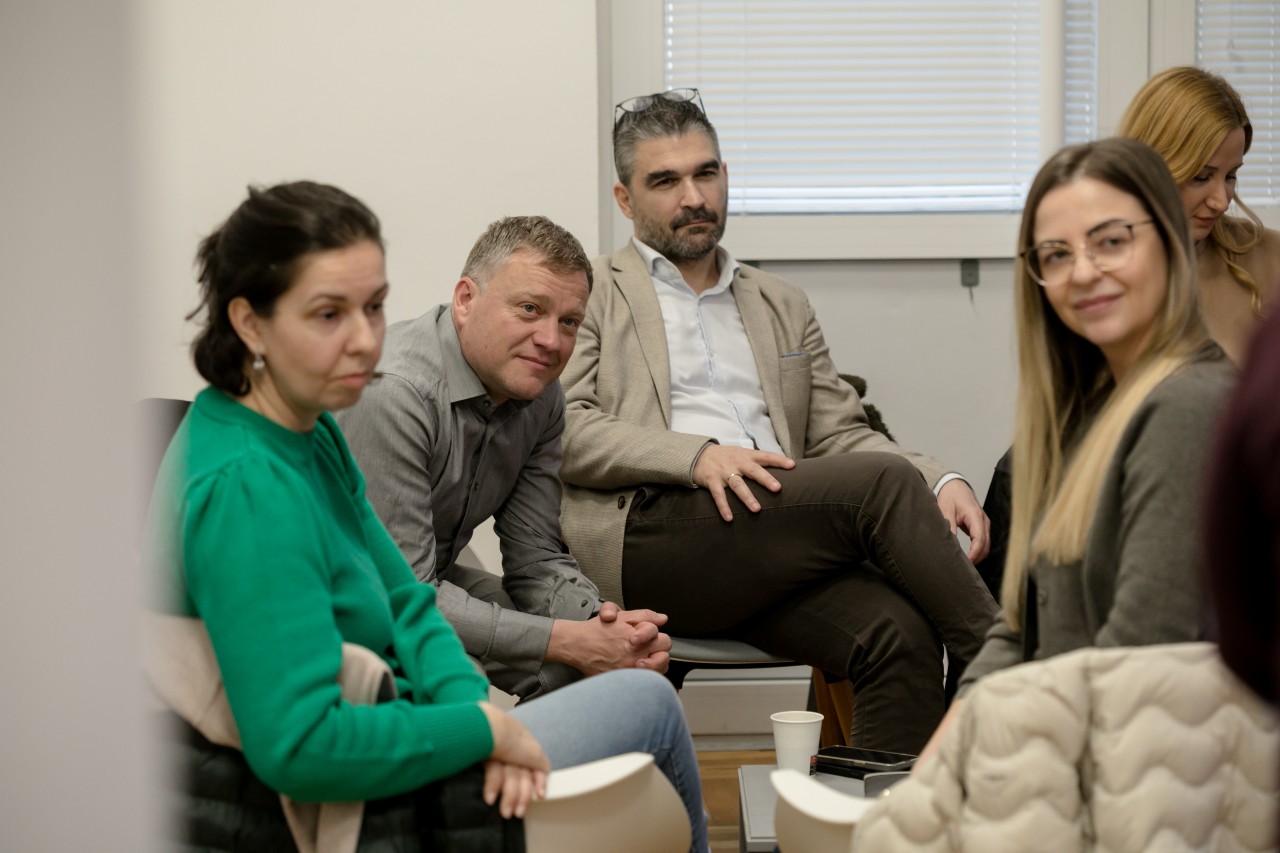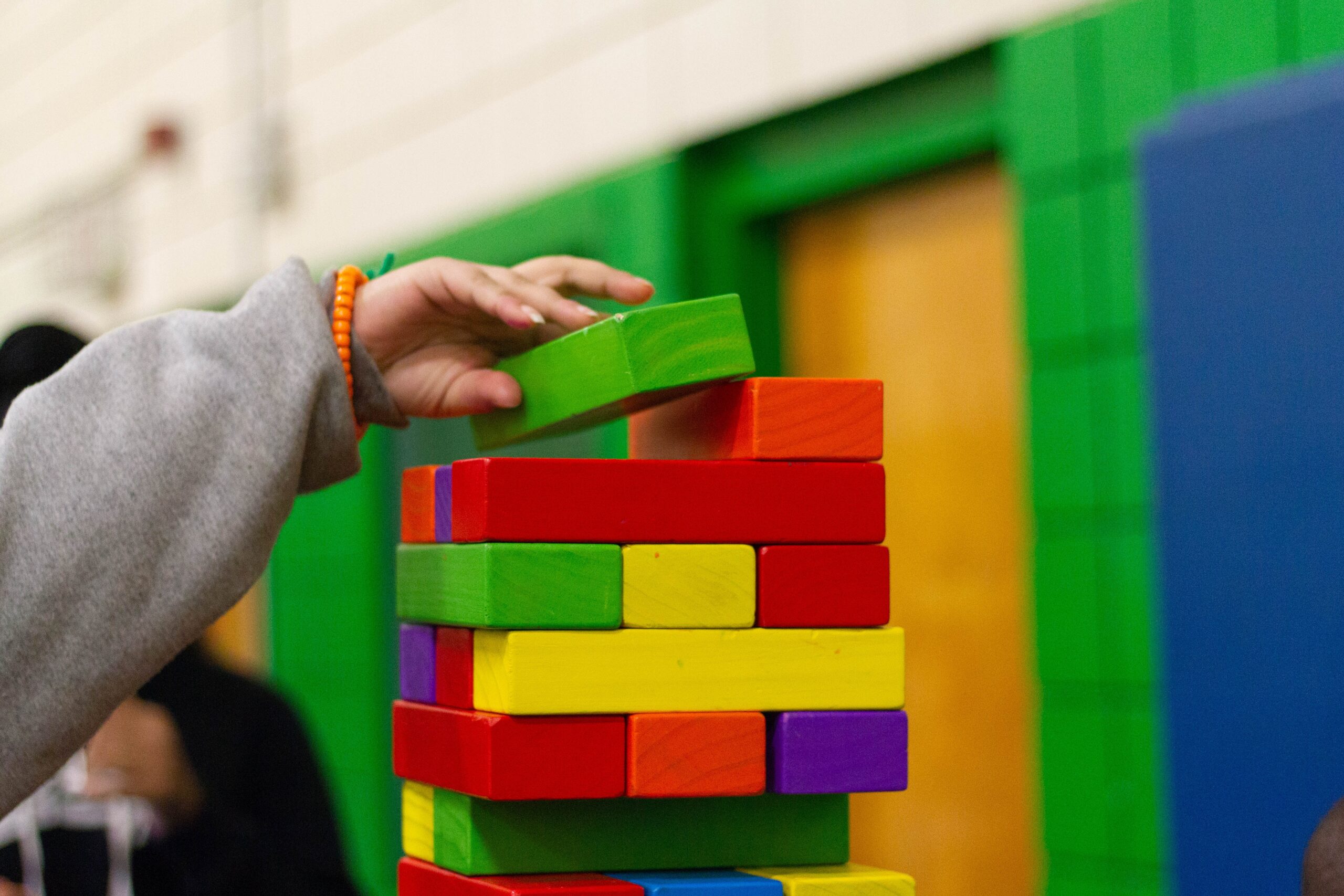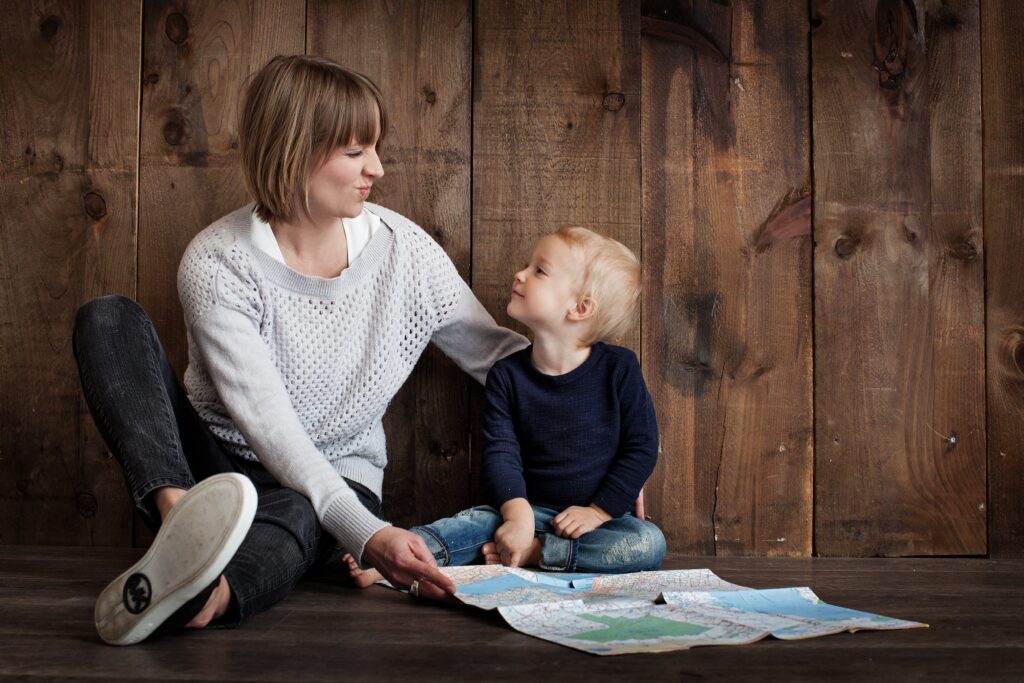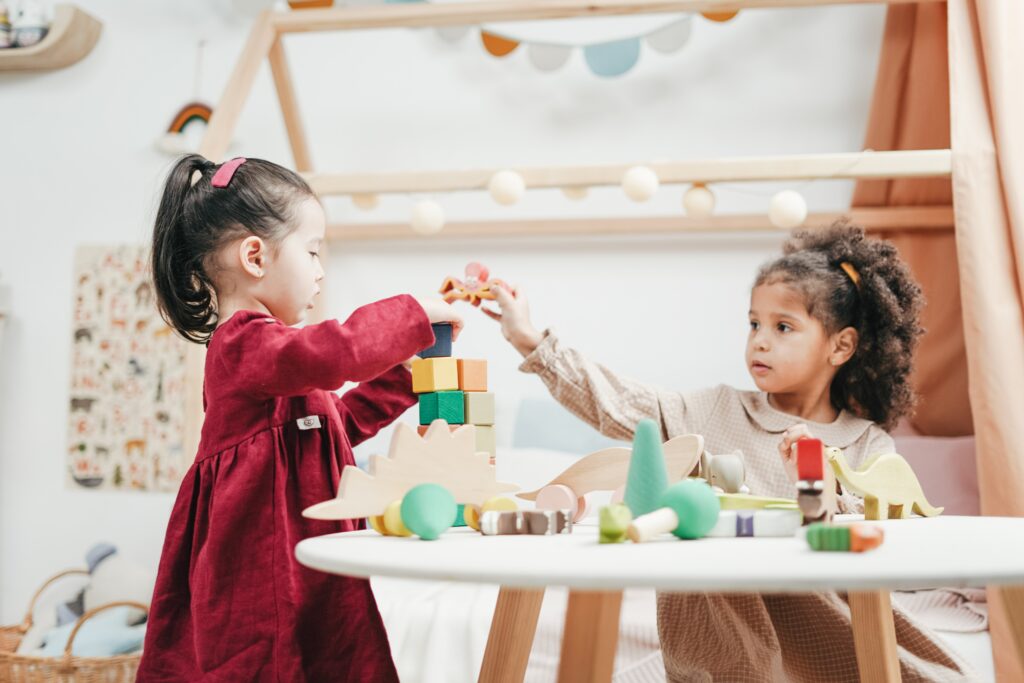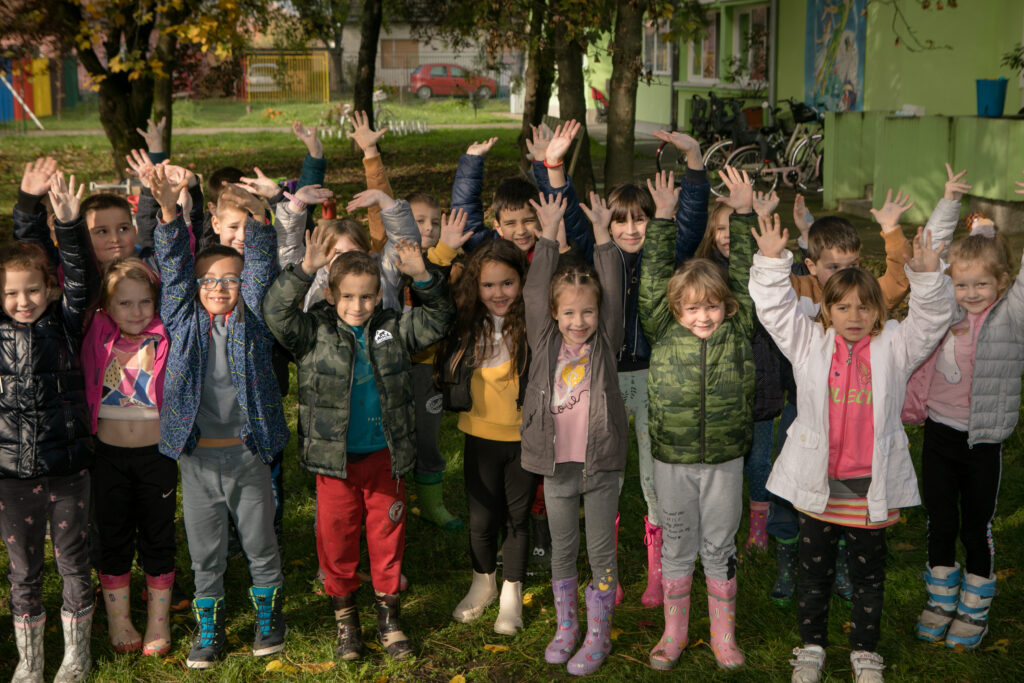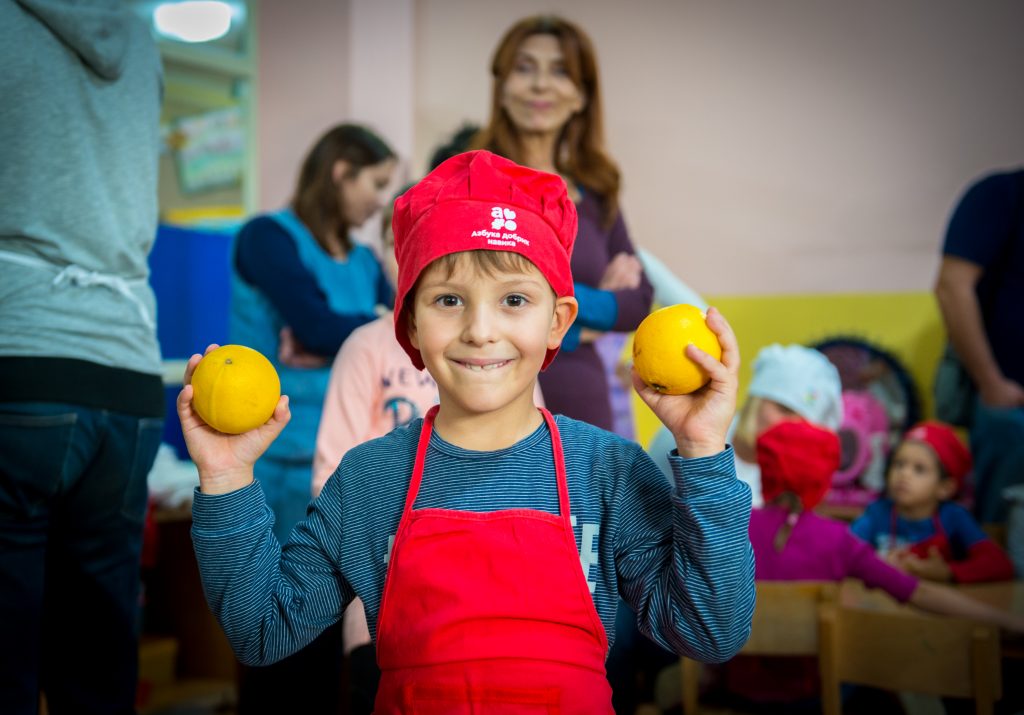With the desire to provide support to parents and caregivers in this challenging period, our psychologist and psychotherapist Smiljana Grujic will respond to some common parent dilemmas. We hope that our new section “Parenting FAQ” is useful and interesting! If you want to ask Smiljana Grujic a question, feel free to write to us in the comment section below, and we will include an answer to your question in the next blog.
1.“Sometimes I’m sad, and I simply get crushed by worry during the day. How can I explain to my child why that is happening?”
When you are a parent, you have a right to be sad. Additionally, your child can see when you are sad. Sadness is an essential part of life, like any other emotion. Sadness is not the bogeyman. Parents usually don’t like letting their children see them when they are sad, they think they will in this way “spoil” the happy upbringing of their children. Usually, they believe that sadness is an emotion which is dealt with in more mature parts of life, and often they don’t like showing it in front of children.
What are the parents teaching the children by doing this? That sadness needs to be covered up, put away, hidden.
And children often do not know what to do with that emotion when it overtakes them. And they will know how to deal with it only if their parents teach them. Not just by telling them, but also by example. When parents accept the emotion and are not ashamed to show it in front of children, they teach children to manage the emotion and that they are also entitled to it. And that is relaxing, the fact that your parent is not telling you: “Don’t be sad, there’s no need”.
It’s important to know that it is not good to be sad continuously and to let sadness color your days and nights. We recommend you find time for it. Share with your child that some situation made you sad, draw your sadness, give it a name and use that opportunity to let the child do the same. If you accept that your emotional states are okay, you teach your child the same thing.
2. “What to do when the neighbors mind the kids? We are very stressed about it. We respect the house rules, but I have a feeling they will always be bothered by something,” – mom Ljubica
In these times, the majority of people are scared, angry, and need for safety and certainty. I would like you to start with the fact that your neighbors are having a hard time in this new situation and that they are more sensitive. When you start from that, the next step would be to consider what is something that you could do in this situation which frustrates you further. Respect house rules, that is completely fine. You could write a letter to the neighbors in which you will show understanding of disruption caused by the children, and at the same time ask them for understanding. By considering their perspective, you help them consider yours. And sometimes that is enough. When you do everything in your power, it will be easier for you to accept the fact that your children have their own needs, and that the neighbors’ dissatisfaction is their concern.
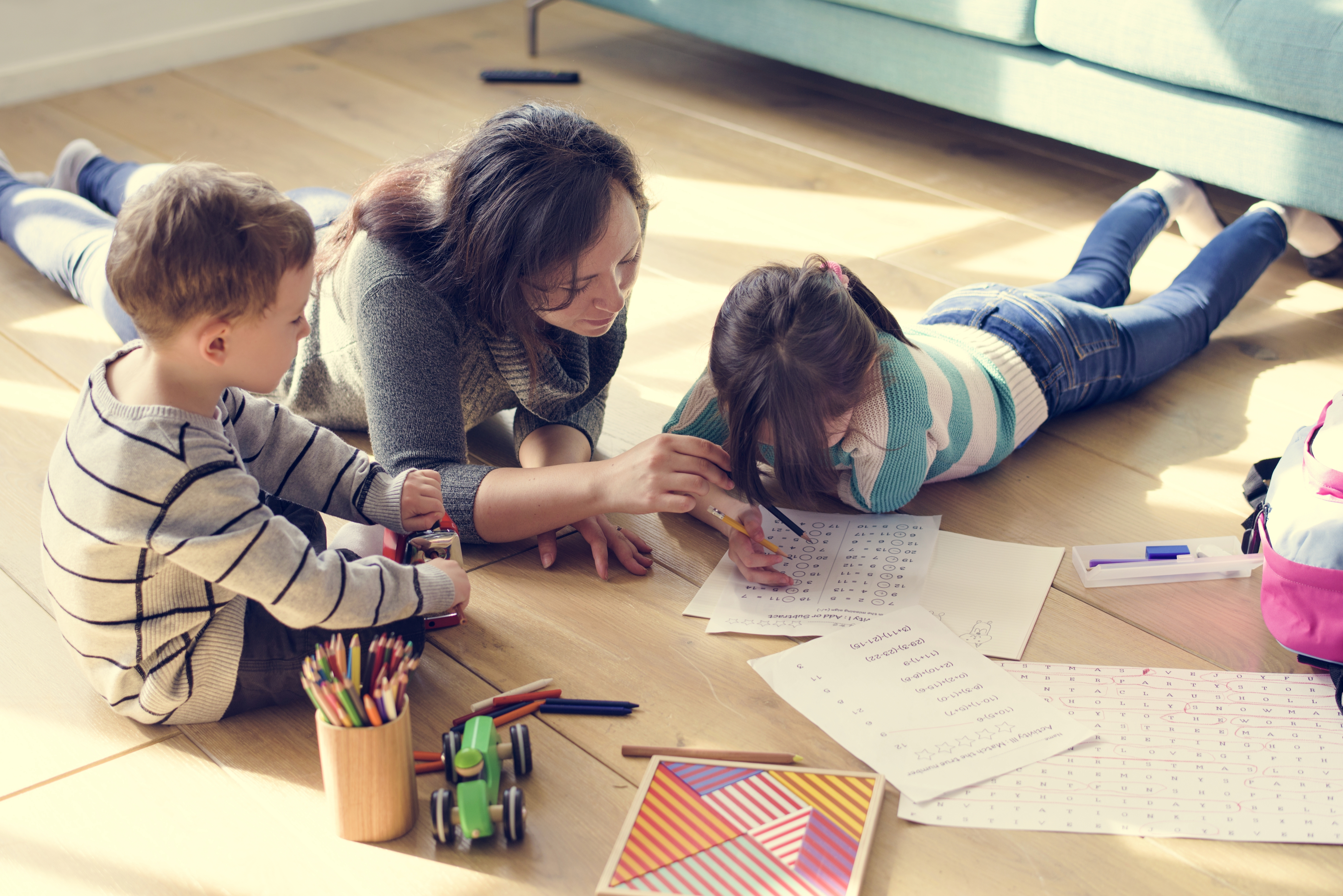
Smiljana Grujic: “The presence of parents in emotional situations has a healing effect.”
-
“Since the beginning of the pandemic, our 12-year-old girl has developed a serious fear of death. How do we help her?”
Children of various ages gradually learn about the concept of death. At this age, children understand that death is not a place from which someone is coming back. Twelve-year-olds understand the concept of death, and this fact leads to fear of death. In this case, the threat is specific, because death is talked about more during this period than usual.
When it comes to the fear of death, the role of the parent is very important.
Parents often get scared when they see this fear because they are scared of death too. They think it will help children if they reassure them. They say “You have nothing to be afraid of”, or “We will all die someday” or “You are being silly”. That is not constructive, we are telling the child that fear is undesirable, and that it should be buried, the further away, the better. Avoiding talking about this topic leads the child to believe that this event is so scary that it should not be talked about. This increases fear. You should share your honest opinions with children.
Also, it is helpful when parents are willing to talk about this topic without mincing words or evading. Child’s questions, dilemmas should be taken seriously, the child needs support in understanding fears, like everything else that is a part of its world. That is one of the ways for children to get to know their feelings. And that is a path to learning and finding a way to manage emotions. The child needs for its experiences to be acknowledged, at all the stages and phases it is in.
The presence of parents in emotional situations has a healing effect.
If support is lacking, the child’s fears persevere and multiply over time. The child overcomes different challenges most easily when it can share its fears, worries, thoughts and when the person who it is sharing its state of mind is not assessing, analyzing, criticizing. When a child can share with adults who are important in its life, and they are most often the parents, fears decrease, just like when happiness is shared – it increases.
Smiljana Grujic is the program manager of the Novak Djokovic Foundation and is a psychologist and psychotherapist by profession. Her focus is on compassionate communication and emotion management. Smiljana heads the Support, not perfection program which supports parents of children aged 0-6.

